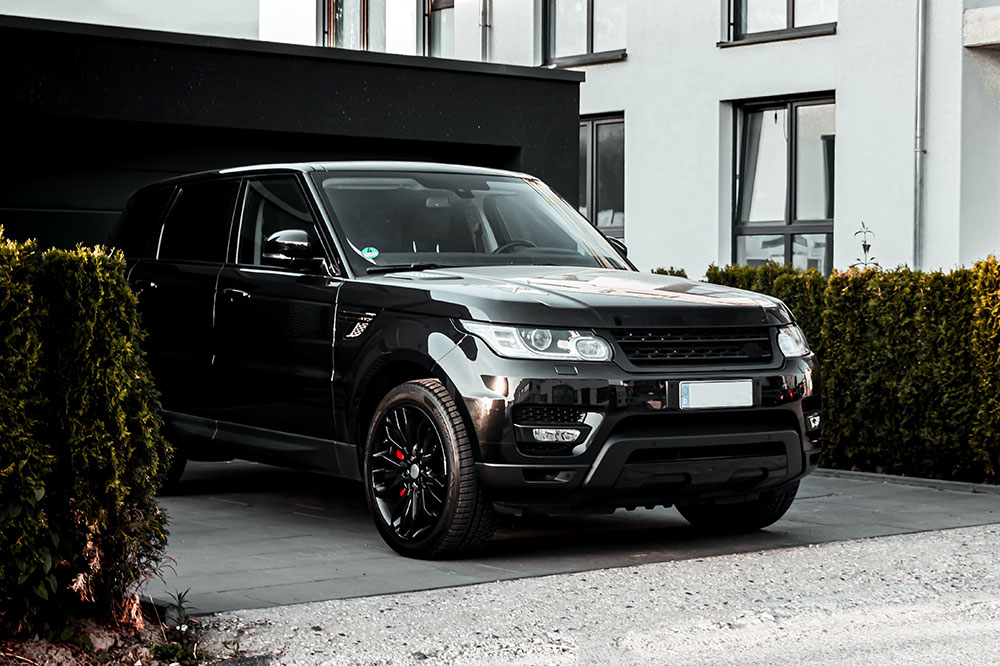
Tips to pick the right SUVs
SUV or sports utility vehicle is one of the most popular segments of cars, and it is gaining more popularity day by day. If you have never owned or driven an SUV, there might be many questions on your mind. There are multiple factors to consider like cost, handling, and power. SUVs are available in all price brackets, which was not the case earlier, as previously, SUVs were considered premium vehicles. The rugged-looking machines are being manufactured more and more, and they’re finding more and more buyers in the market.
Here are some tips for you to pick the right one from the many SUVs available in the market.
1. Pick the right size
One can find SUVs in different sizes, right from compact SUVs to large vehicles. You should understand your requirement and then judge based on size. If you’re looking to travel with your entire family frequently and carry a lot of luggage, you should consider buying a larger SUV. However, if you buy for daily commute and travel alone, a smaller SUV will also serve the purpose. Make sure that you do not buy a bigger car just because it looks impressive. Based on other factors like parking facilities, you might want to consider smaller SUVs too.
2. Two-wheel or all-wheel drive
Several SUVs come with all-wheel-drive functionality, while others are two-wheel drive. Based on the terrain on which you are likely to drive the vehicle, you can select one of the two. In most two-wheel-drive vehicles, the driving force will be on the front wheels making it more fuel-efficient, while it can also be on the rear wheels on a few. The basic trim versions of most SUVs offer two-wheel drive. So, if you’re looking to buy an all-wheel drive, you can spend the extra money and go for the higher trim, on which you’re also likely to get some additional features. If you’re going to be driving on slippery or rugged terrain, an all-wheel-drive vehicle is suggested.
3. Fuel economy
SUVs are, by definition, bigger and more powerful vehicles, and so the fuel consumption will also be higher than other kinds of cars. As a result, the fuel economy will be low, whether you’re buying a car with a four-cylinder engine or an eight-cylinder engine. However, this is one thing that you will come to accept, considering the benefits SUVs have to offer. Under normal circumstances, smaller SUVs will return better mileage as compared to bigger ones. Thus, if you’re going to be traveling long distances and the economy will be a concern, consider buying one with a four-cylinder engine.
4. Handling
Handling is going to be very different on an SUV as compared to a hatchback or a sedan. Make sure you get used to it and can keep the car under control. There is commonly more “body roll” in SUVs, irrespective of whether it is a two-wheel drive or a four-wheel drive. What a four-wheel-drive vehicle does is offer better acceleration, but the stopping distance is the same. If you go for smaller SUVs, the body roll will be lower than that in bigger SUVs. Handling a bigger SUV will also take a toll on physical health and can cause fatigue faster.
5. Consider safety
Most of SUVs come equipped with many safety features such as a higher number of airbags, antilock braking system, blind-spot warning system, lane departure system, etc. This will be required if you’re just switching to an SUV and have not handled bigger vehicles in the past. You should ensure that your SUV offers all features you need to keep you and your family safe, even if it means spending extra.




